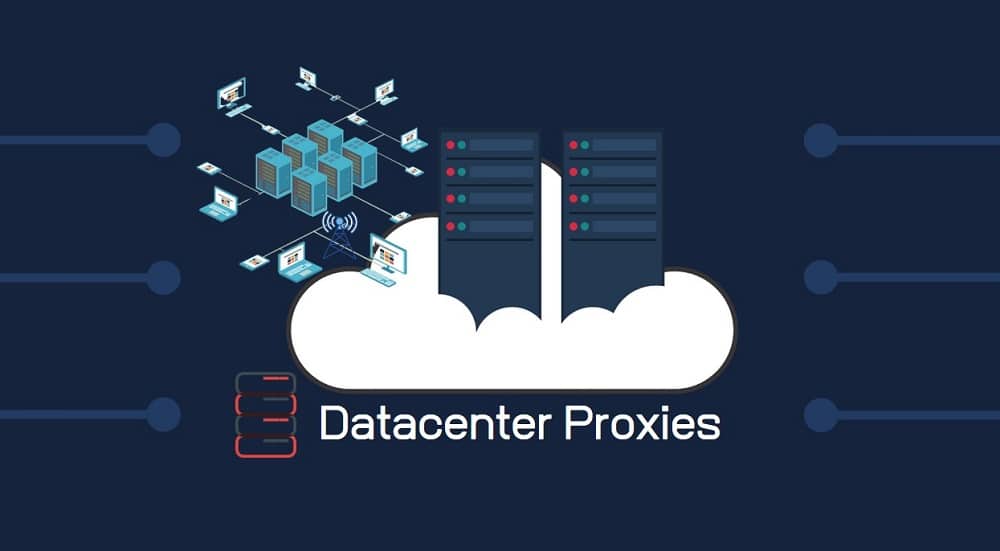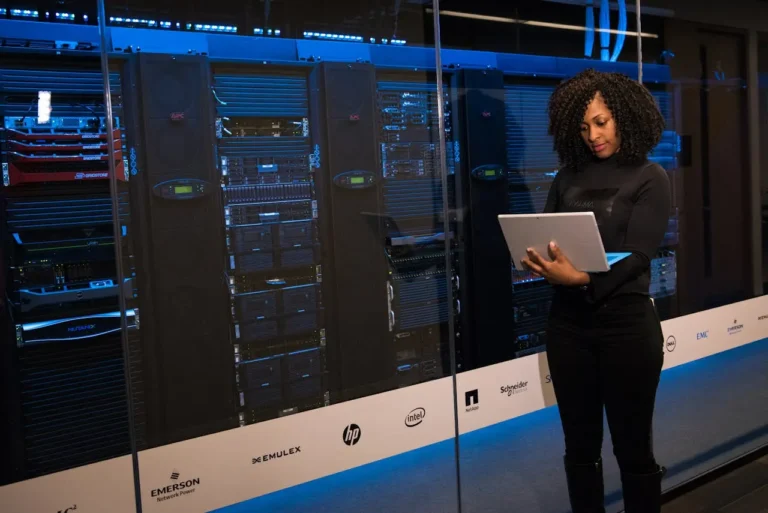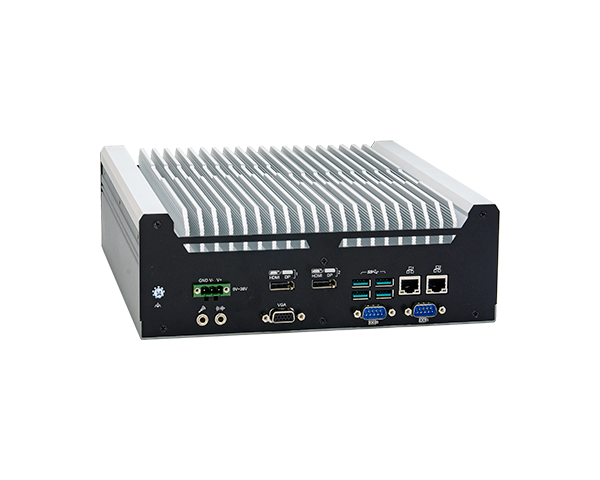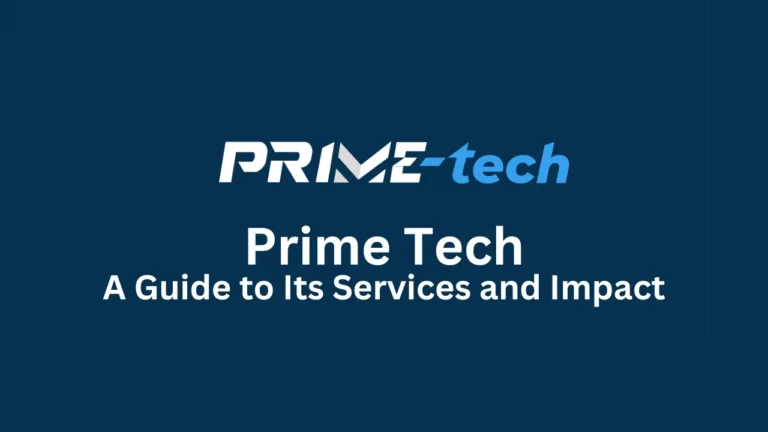The Pros and Cons of Datacenter Proxies: Making an Informed Choice

In the world of proxy services, datacenter proxies have carved a significant niche, offering a range of benefits and limitations that users must consider when making their proxy selection. Understanding these pros and cons is crucial for individuals and businesses seeking the right proxy solution to suit their specific needs. In this article, we delve into the advantages and disadvantages of datacenter proxies, empowering you to make an informed choice.
Pros of Datacenter Proxies
1. Speed and Performance: Datacenter proxies are renowned for their high-speed connections and low latency, making them ideal for tasks that require rapid data retrieval and real-time interactions.
2. Cost-Effectiveness: Compared to other proxy types, datacenter proxies are often more affordable, making them an attractive option for users with budget constraints.
3. Abundance of IP Addresses: Datacenter proxies offer a wide selection of IP addresses from different geographic locations, allowing users to choose from a variety of options.
4. Server Stability: Datacenter proxies are less prone to disruptions or outages compared to residential proxies, as they are not tied to individual user devices.
Cons of Datacenter Proxies
1. IP Blocks and Blacklisting: Many websites and services actively block or restrict access from datacenter IP addresses, potentially limiting their effectiveness for certain tasks.
2. Lower Anonymity: Datacenter proxies offer a lower level of anonymity compared to residential proxies, as they are associated with server-based IP addresses.
3. Potential Detection: Websites with advanced bot-detection mechanisms may identify and block datacenter proxies more easily, affecting their reliability for certain activities.
4. Geolocation Limitations: Datacenter proxies do not provide accurate geolocation information, which can be a limitation for tasks that require precise location-based data.
5. Limited Authenticity: Datacenter proxies lack the authenticity of user behavior that residential proxies provide, making them less suitable for activities where genuine human interactions are crucial.
Making an Informed Choice
- Consider Your Use Case: Evaluate your specific needs and tasks to determine whether the speed and cost-effectiveness of datacenter proxies align with your goals.
- Weigh Anonymity Requirements: Assess the level of anonymity required for your activities. If high anonymity is essential, datacenter proxies may not be the ideal choice.
- Research Website Compatibility: Research and test the websites or platforms you plan to use with datacenter proxies to ensure they are compatible and not actively blocking datacenter IP addresses.
- Combine with Other Proxies: Consider using a combination of datacenter proxies and other proxy types, such as residential or mobile proxies, to achieve a balanced approach.
In Conclusion
While they excel in speed, affordability, and scalability, their lower anonymity and susceptibility to IP blocks require careful consideration. By understanding the pros and cons of datacenter proxies and aligning them with your use case, you can make an informed choice that optimizes your proxy experience, empowers your online activities, and navigates potential limitations with confidence.





